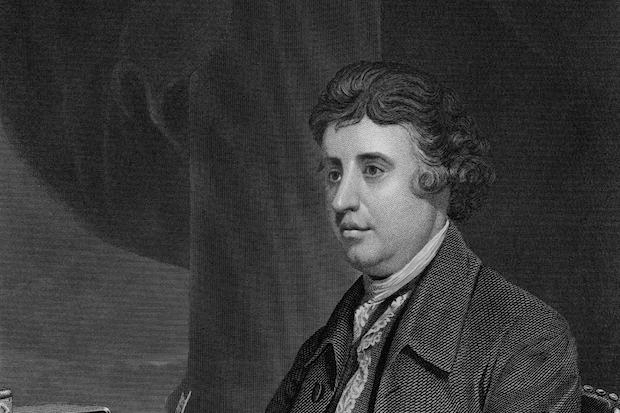Roger Scruton is that rarest of things: a first-rate philosopher who actually has a philosophy. Unfortunately at times for him, that philosophy is a conservative one. But his personal loss has been our great collective gain. As his new book again demonstrates, over the years his has been one of the few intellectually authoritative voices in modern British conservatism.
In 1980, at the outset of the Thatcher decade, Scruton wrote The Meaning of Conservatism, a book which reportedly blighted his academic career: it remains an embarrassment to the British Academy that he was not made a Fellow until 2008.
Academia may be softening at last, as his various professorships at Oxford and St Andrews testify. Yet living by his wits has not served him so badly. Over four decades he has poured out more than 30 works, including monographs on aesthetics, architecture, music and sexual desire, textbooks, studies of great thinkers such as Kant and Spinoza, reflections on Islam, England and nationalism, as well as journalism, reviews, an autobiography, two novels, two operas and a defence of hunting.
As well as contributing to a given field, each of these works forms part of a far larger, richer and more developed philosophical position. Yet each is also a deeply felt profession of personal belief, expressed in clear, often intense and sometimes arresting prose.
The effect is both third- and first-personal: we enter a landscape in the company of a sure-footed guide, yet that guide is also the farmer and landscape designer. It is carefully worked, and worked out. But one may doubt if the ground need always lie as described, and whether it might have different contours in different hands.
How to be a Conservative starts and ends with the personal, with a brief account of Scruton’s own (by no means purely Thatcherite) awakening to conservatism, and a passionate, romantic appeal on behalf of western society as a realm of continuing moral and aesthetic value.
In between are chapters on a host of other –isms, from nationalism to socialism, capitalism and liberalism to multiculturalism and environmentalism, each of which skewers many current pieties, while simultaneously extracting what Scruton takes to be the source of their appeal. If this sounds dry, it isn’t. There are occasional missteps and the odd mini-rant, but the book is highly engaging, and studded with insights into topics as diverse as international treaties, alienation and the nature of laughter.
Conservatism is at root a very simple and attractive idea: that we should preserve what is of value. But, as Scruton shows, even this basic thought presupposes a ‘we’, a shared sense of who we are, and so not of ‘society’ as such but of our society; and it is only with that sense securely in place that we can have a shared understanding of what is of value to us.
Thus, far from rejecting the idea of society, as Mrs Thatcher is wrongly supposed to have done, conservatives insist on its centrality. It is the basic, pre-theoretical human instinct for an oikos or home that ultimately grounds conservatism.
Who, then, are the members of a society? Such is the spell of liberalism and neoliberalism that the temptation is to say ‘all its living inhabitants’ or some such. But this definition is both circular and wrong: indeed, it obliterates history, and so the legacies and continuities that create social value.
Instead, Scruton argues, with Burke, that a society is ‘a partnership… between those who are living, those who are dead, and those who are to be born’. But he goes further, arguing that this must be understood in territorial terms, not in ethnic or religious ones.
Democratic politics itself relies on the shared ‘we’ that allows free dissent and opposition, and so demands the nation state. When ethnicity or religion is involved, he claims, the contest is between insider and outsider, believer and infidel, and the tension with democracy becomes intolerable.
One may doubt if this is true, or more than contingently so. It highlights how Scruton’s is in part a very welcome defence of the cultural inheritance of western values and history. But it also shows how Scruton’s own passion and authority can themselves be misleading. For example, he makes an energetic defence of grammar schools, although many conservatives have long recoiled from the concomitant idea of writing off a child intellectually at the age of 11.
He rejects the idea of gay marriage, without acknowledging the many arguments advanced for it by conservatives, especially in America where there is no established church. Whatever one’s views on these topics, they remind us that there are conservative alternatives to Scruton’s well-mapped landscape.
Available from the Spectator Bookshop, £16.50, Tel: 08430 600033. Jesse Norman was Spectator Parliamentarian of the Year 2012.






Comments